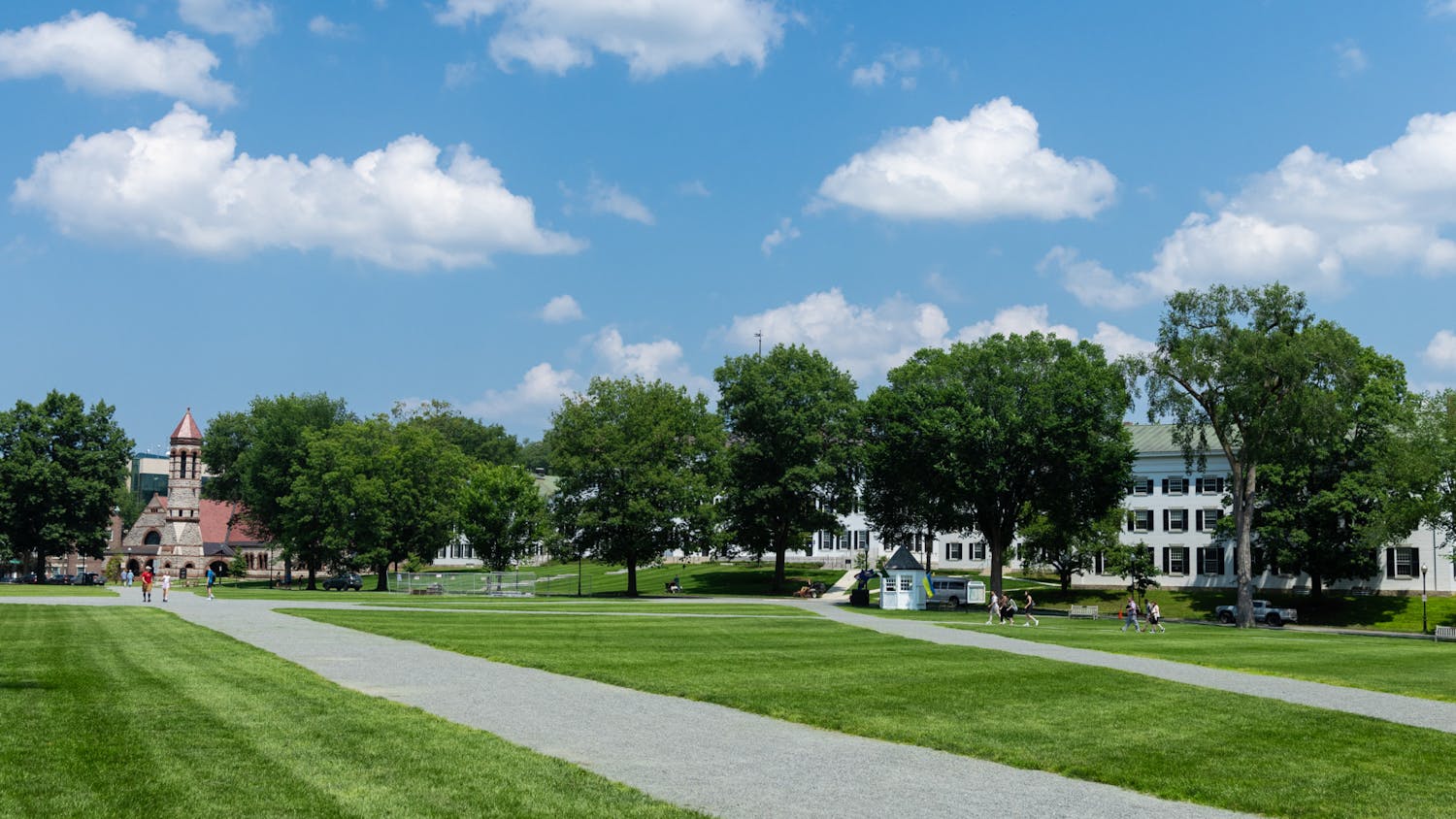The Student Assembly challenged Dean of the College James Larimore to remove the confidentiality policy binding all members of the College Committee on Alcohol and Other Drugs, passing a resolution Tuesday night creating the Student Assembly Committee on Alcohol Policy.
Prior to the 30-to-1 approval of that resolution, religion Professor Susan Ackerman expounded upon the Committee on Academic Advising's report that recommends a complete overhaul of the pre-major advising program.
The Assembly resolution proposed that the CCAOD and a supplementary advising committee, the Binswanger Working Group, release their minutes, preliminary reports and the final report to the public before any implementation. The resolution also demands that Larimore, who is responsible for the confidentiality policy, allow all members of these committees to speak without restriction on its proceedings.
The resolution, sponsored by Joshua Marcuse '04 and Tom White '04, claims that confidentiality prevents widespread student involvement in these proceedings and consequently damages the relationship between the administration and the student body.
The committee will actively attempt to influence the forthcoming report from the CCAOD and also intends to increase student awareness and discussion of the current alcohol policy.
Moreover, the resolution demands the formulation or disclosure of a timeline for the submission of the CCAOD report, as its absence contributes further to the perception of student inefficacy.
"Without a clear timeframe and knowledge of the [CCAOD report's] content, there is no way for Student Assembly to constructively collaborate with the administration," Marcuse said.
Marcuse added that to influence CCAOD's proceedings, SACAP members will attend administrative discussions, send letters and emails to policy makers and work with student publications to transmit more information to students. However, these actions may escalate to more demanding and vocal measures.
Both Marcuse and White deny that they are seeking a confrontation with the administration, saying that they are only attempting to avoid such conflicts in the future.
"The shroud of secrecy can do nothing to further a productive relationship between the students and the administration," White said.
Although he abstained from the final vote, Assembly Vice President Michael Newton '04, a member of CCAOD, expressed his support of the measure during debate and said that the group needed a "proverbial kick in the pants" to spur on the report it was charted to produce.
Despite the complaints about the administration's managing of alcohol policy, the resolution praised Professor Robert Binswanger for his support of greater student autonomy with regard to alcohol use.
The Assembly was also privy to another proposed radical departure in policy, the pre-major advising report. According to Ackerman, the report will suggest instituting a first-year student advising system based on teams of approximately 15-20 students being collectively advised by a faculty member, an administrator and a peer.
Advising would be extended from a student's first three terms to five, and an administrator would be hired to recruit, train and compensate the advisors. Currently, faculty advisors receive no training.
Students will also be grouped by residence hall, rather than by academic interest.



